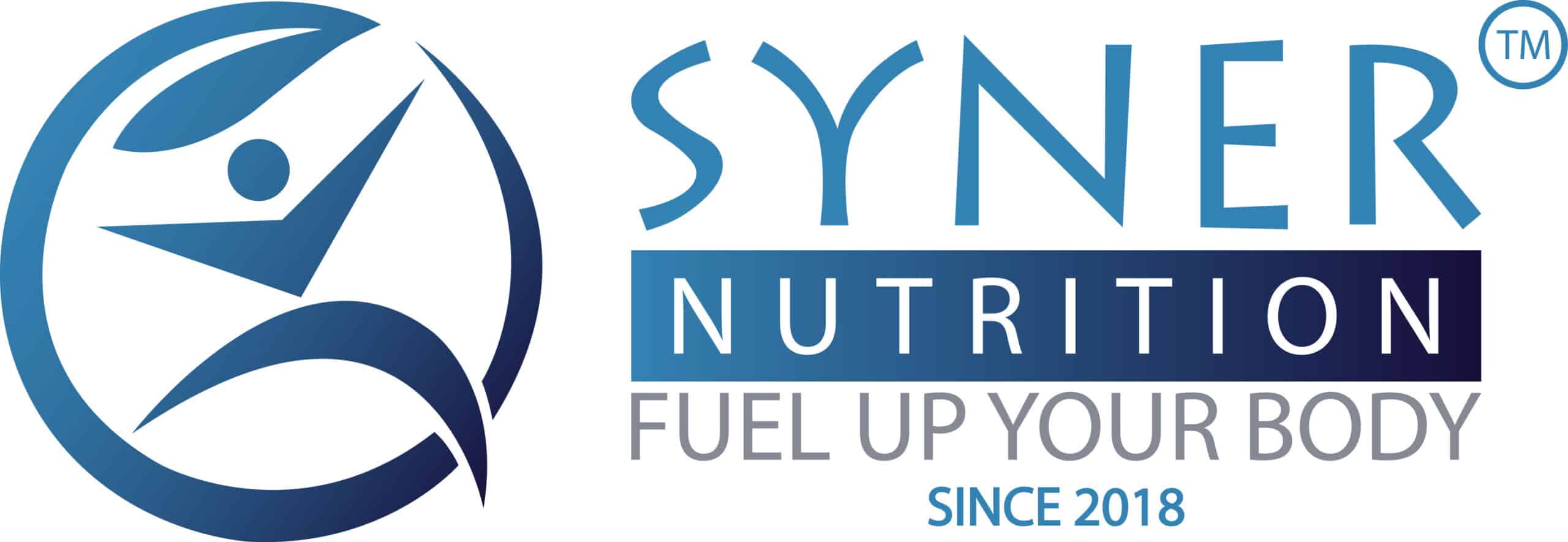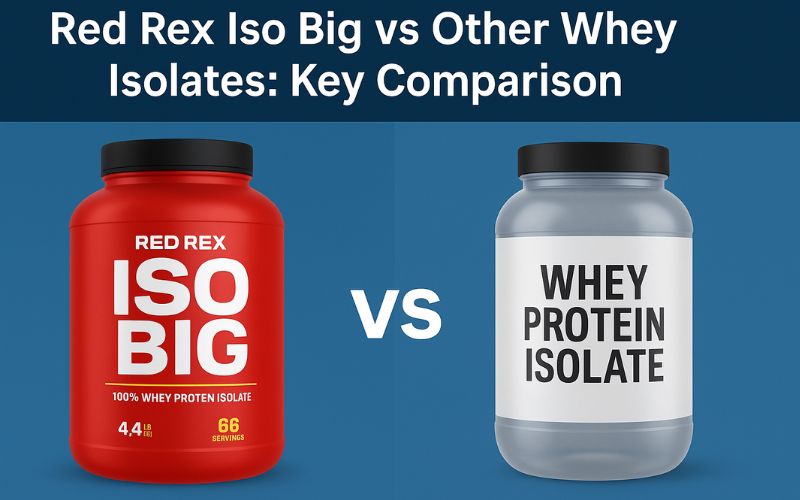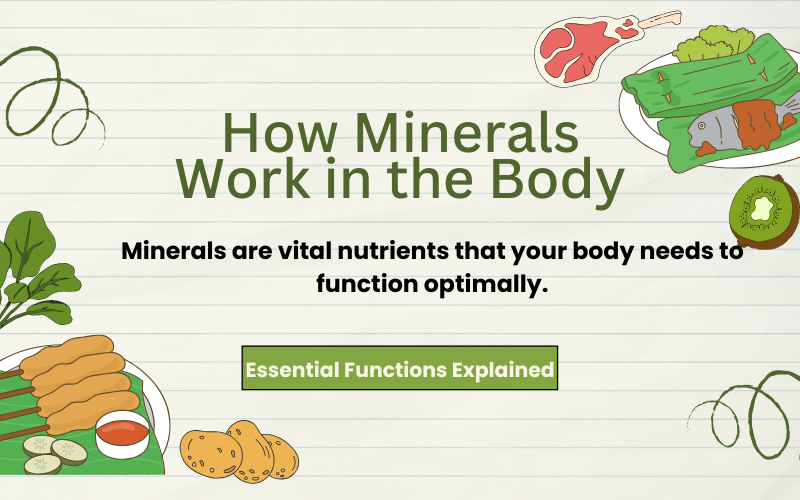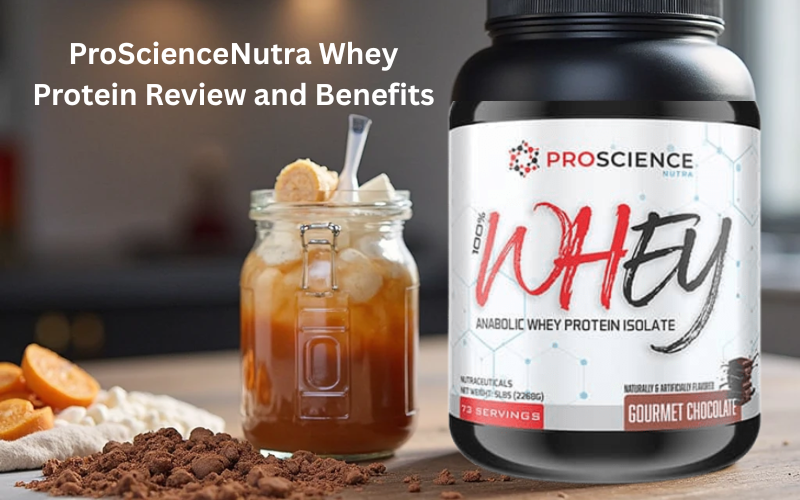How Much Omega 3 Should You Take? – Pakistani Guide
Omega-3 fatty acids are essential nutrients your body needs but cannot produce on its own. They play a vital role in heart health, brain function, inflammation control, and overall wellness. In Pakistan, with changing diets and increased reliance on processed foods, Omega-3 intake is often overlooked despite its importance. For those seeking guidance, the Best Omega 3 dosage guide offers tailored recommendations to help individuals meet their nutritional needs effectively.
This guide will walk you through how much Omega-3 you need, what dosage is safe and effective, and how to make smart choices when buying supplements locally.
Note: Always consult a healthcare professional before starting any supplement routine, especially if you have existing health conditions or are on medication.
What Is Omega-3 and Why Do You Need It?
Omega-3 fatty acids are a group of polyunsaturated fats primarily found in fish, certain plant oils, and nuts. The three main types include:
- ALA (Alpha-linolenic acid): Found in flaxseeds, walnuts, and chia seeds.
- EPA (Eicosapentaenoic acid): Found in oily fish like salmon, sardines, and mackerel.
- DHA (Docosahexaenoic acid): Also found in fatty fish and essential for brain and eye health.
Your body converts ALA to EPA and DHA, but not very efficiently—making it necessary to get EPA and DHA directly from food or supplements.
In Pakistan, diets are often rich in carbohydrates and vegetable oils but low in seafood, making Omega-3 supplementation especially useful.
How Much Omega-3 Should You Take Daily?
The optimal dosage of Omega-3 varies based on age, health condition, and lifestyle goals. International health organizations provide general guidelines, and these apply well to Pakistani demographics too.
General Recommendations
According to the World Health Organization (WHO) and other health bodies:
- Healthy Adults: 250–500 mg of combined EPA and DHA per day.
- Pregnant & Breastfeeding Women: 300–900 mg EPA/DHA daily, with at least 200 mg of DHA.
- Children (4–12 years): 100–200 mg EPA/DHA per day.
- People with Heart Disease or High Cholesterol: 1000 mg (1 gram) or more, under medical supervision.
If you’re not eating fatty fish two to three times a week, a supplement is usually recommended to meet your Omega-3 needs.
Omega 3 price in pakistan
Omega 3 price in pakistan varies based on brand, dosage, and origin. Local brands may range from PKR 800 to 1,500 for a month’s supply, while imported brands can cost between PKR 2,000 and 4,000.
Omega-3 Dosage for Specific Health Goals in Pakistan
In a Pakistani context, many people seek Omega-3 for heart health, joint inflammation, cognitive support, or fitness goals. Here’s how dosage can vary:
For Heart Health
If you’re at risk of cardiovascular issues, especially common in Pakistan due to high-fat diets and sedentary lifestyles, taking 1000 mg of EPA/DHA per day can support heart function and lower triglycerides.
For Joint Pain and Inflammation
For people with arthritis or chronic inflammation, a higher dose, around 2000–3000 mg daily is often recommended. Always consult your doctor before starting a high-dose regimen.
For Brain Function and Focus
Students, professionals, and older adults looking to improve concentration or memory can benefit from 500–1000 mg daily, particularly rich in DHA.
For Pregnancy and Child Development
DHA plays a critical role in fetal brain and eye development. Pregnant women in Pakistan should aim for 300–500 mg of DHA per day, available in prenatal Omega-3 supplements.
Choosing the Right Omega-3 Supplement in Pakistan
Due to rising awareness, several imported and local Omega-3 brands are available online and at pharmacies. However, not all are created equal. Here’s what to look for:
Syner Nutrition also offers high-quality Omega-3 products tailored for the Pakistani market with clear dosage instructions and verified quality standards.
Understanding Omega 3 Price in Pakistan
When considering omega-3 supplements, it’s essential to evaluate the Omega 3 price in Pakistan to make an informed decision. Prices can vary significantly based on factors like brand, source (fish oil or algae-based), and retailer. For instance, local brands may offer more affordable options, while imported products might come at a premium. It’s advisable to compare the Omega 3 price in Pakistan across different platforms to find the best deal that suits your budget and quality preferences.
Factors Influencing Omega 3 Price in Pakistan
Several elements contribute to the Omega 3 price in Pakistan, including the concentration of EPA and DHA, additional nutrients like Vitamin D or E, and packaging. Higher concentrations and added nutrients often lead to a higher price point. Moreover, purchasing in bulk or opting for larger quantities can sometimes offer better value. Always ensure you’re getting authentic products by buying from reputable retailers, as the Omega 3 price in Pakistan can sometimes reflect the quality and sourcing of the supplement
Best Time to Take Omega-3 for Maximum Absorption
Omega-3 supplements are best taken with meals, especially ones that contain fat. Fat in your food helps enhance the absorption of the Omega-3 fatty acids. Avoid taking them on an empty stomach, as they may not be absorbed efficiently and could cause nausea.
Splitting your dosage—half in the morning and half in the evening—can improve absorption and reduce side effects like fishy burps.
What Happens If You Take Too Much Omega-3?
While Omega-3 is generally safe, excessive intake can lead to potential side effects:
- Thinning of blood or increased bleeding risk (especially if you’re on blood thinners)
- Digestive issues like bloating, nausea, or diarrhea
- High doses can also interact with medications
Stay within the recommended range unless advised by a doctor.
Natural Pakistani Foods Rich in Omega-3
Incorporating Omega-3-rich foods into your diet is always a great idea. Locally available options include:
- Fish: Rohu (river fish), pomfret, sardines
- Nuts and Seeds: Walnuts, flaxseeds (alsi), chia seeds
- Eggs: Omega-3 enriched eggs, increasingly available in supermarkets
- Mustard Oil: A good source of ALA, commonly used in rural Pakistani cooking
FAQs About Omega-3 Intake in Pakistan
1. What is the recommended daily dosage of Omega-3 for adults in Pakistan?
For general health, adults should aim for 250–500 mg of combined EPA and DHA daily. Higher doses, up to 2,000–4,000 mg, may be recommended for specific health concerns like high triglycerides.
2. Are Omega-3 supplements safe to use?
Yes, when taken as directed, omega-3 supplements are generally safe. Excessive intake can lead to side effects such as nausea, diarrhea, and a fishy aftertaste. Consult with a healthcare provider before starting supplementation.
3. What are the common side effects of Omega-3 supplements?
Some individuals may experience mild side effects, including:
- Fishy aftertaste
- Indigestion or stomach discomfort
- Nausea
These side effects are typically associated with high doses and can often be minimized by taking supplements with meals.
4. Can I obtain enough Omega-3 through my diet alone?
Yes, it’s possible to meet your omega-3 needs through dietary sources. Foods rich in omega-3 include:
- Fatty fish (e.g., salmon, mackerel, sardines)
- Flaxseeds and flaxseed oil
- Chia seeds
However, if your diet lacks these foods, supplementation may be beneficial.
5. What is the price range of Omega-3 supplements in Pakistan?
The price of omega-3 supplements in Pakistan varies based on brand, quality, and origin:
Imported Brands: Ranges from PKR 2,000–4,000, depending on the brand and dosage.
Local Brands: Approximately PKR 800–1,500 for a month’s supply.
Final Thoughts
Omega-3 is not just a wellness trend, it’s a vital nutrient missing from many Pakistani diets. Whether you’re looking to improve your heart health, support your brain function, or reduce inflammation, the right Omega-3 intake can make a significant difference.
Stick to the recommended dosage, choose high-quality supplements, and back it up with a balanced, Omega-3-rich diet for long-term benefits.
Looking for trusted, premium-quality Omega-3 supplements in Pakistan?
Visit Syner Nutrition today to explore our range of certified, lab-tested Omega-3 products tailored to your health goals. Your wellness journey starts here!









Add comment